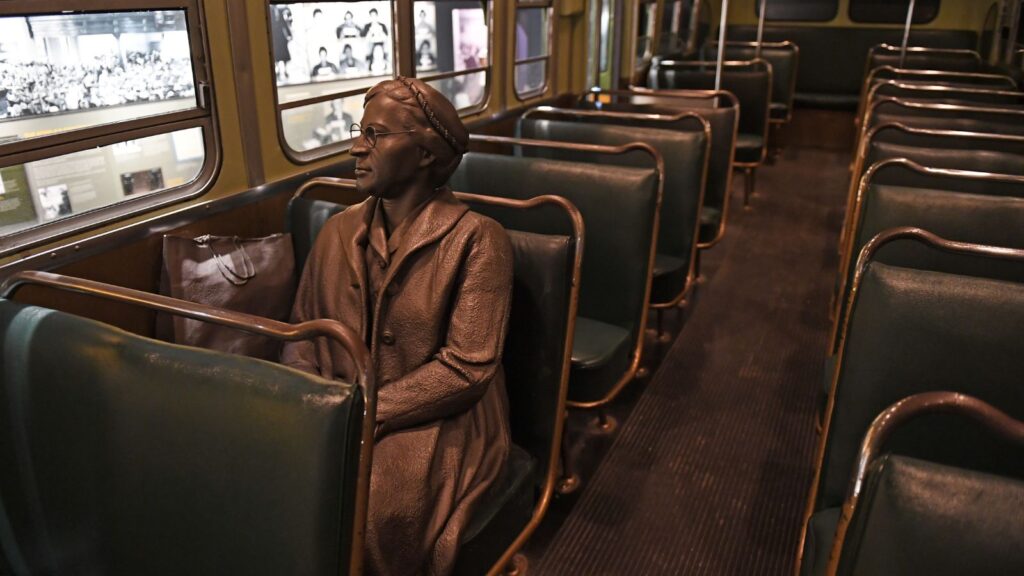History is filled with moments when a single choice made by one person or group altered the course of events forever. These choices, often made under pressure, led to profound changes that shaped the world we live in today. These are the 19 times that history was changed because of one decision.
The Signing of the Declaration of Independence
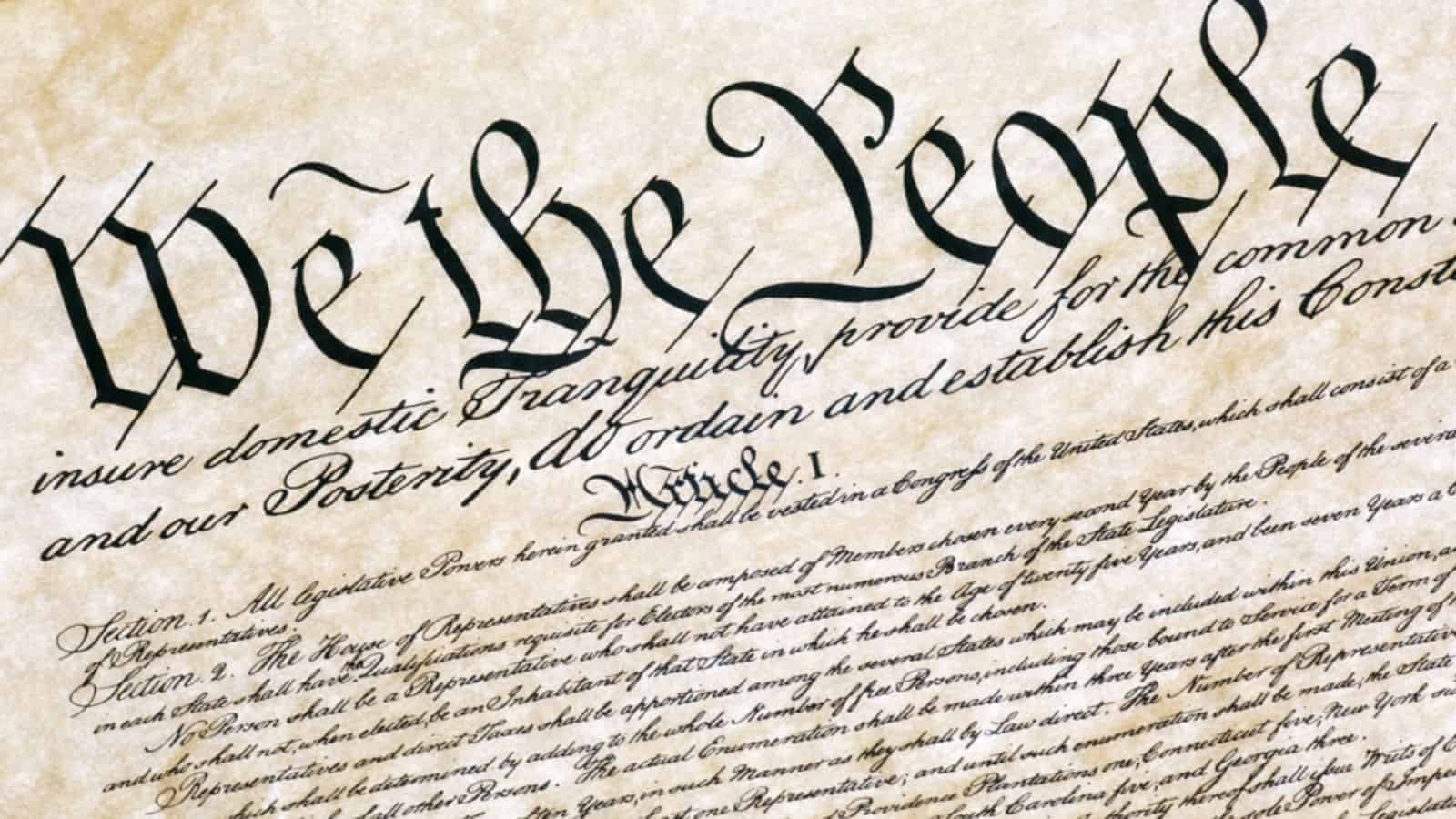
In 1776, the Continental Congress faced a monumental choice: to remain under British rule or to fight for independence. “After much debate”, according to the National Geographic, they chose to sign the Declaration of Independence, a bold and risky decision that changed the course of history. It not only set the stage for the creation of the United States but also inspired other nations to pursue self-determination.
Alexander Fleming Discovers Penicillin

Alexander Fleming decided in 1928 to investigate a mould that had contaminated one of his Petri dishes. This seemingly trivial choice led to the discovery of penicillin, the world’s first antibiotic. Penicillin has saved countless lives since its introduction, revolutionising medicine and drastically reducing the mortality rate of bacterial infections.
Rosa Parks Refuses to Give Up Her Seat
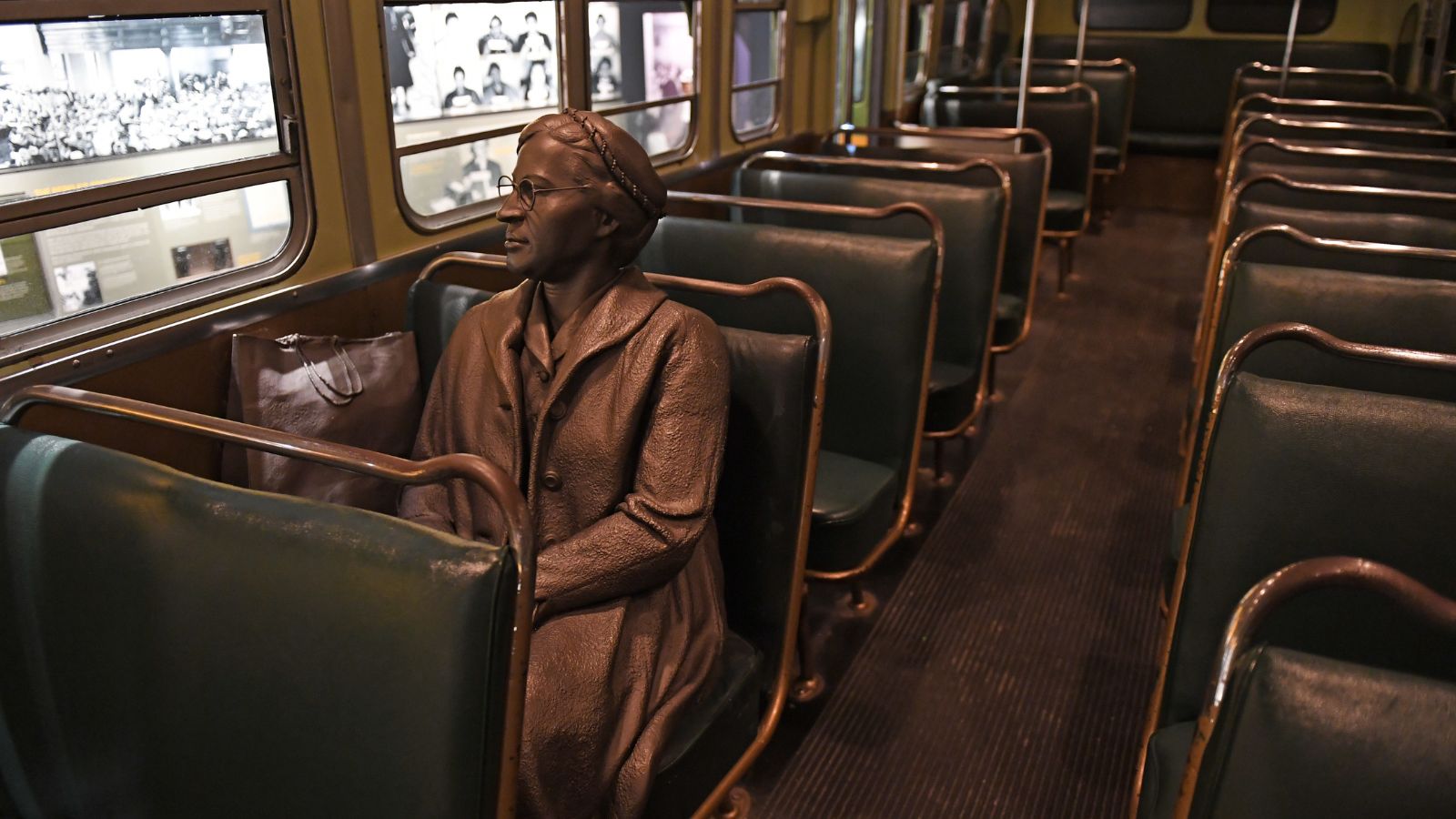
Rosa Parks made a move that sparked the Civil Rights Movement on December 1, 1955, in Montgomery, Alabama. By refusing to give up her seat to a white passenger on a segregated bus, she challenged the status quo and ignited a powerful wave of protests against racial segregation. Her act of defiance became a symbol of the struggle for civil rights and led to significant changes.
The Fall of the Berlin Wall
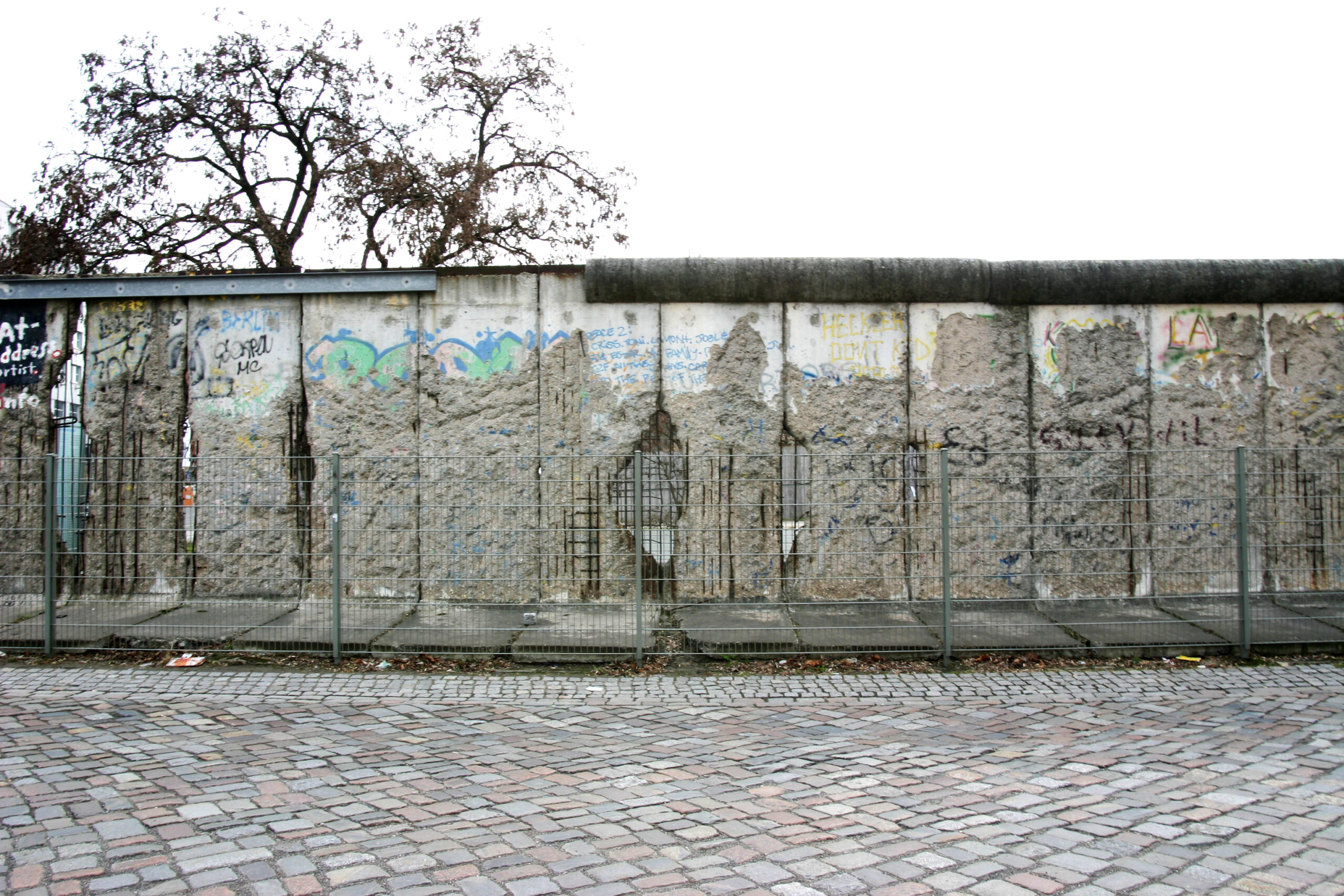
An East German government spokesman mistakenly announced that citizens could cross the Berlin Wall immediately, without delay. This statement, a result of miscommunication, led to thousands of East Berliners rushing to the wall and demanding to be let through. In 1989, the decision of the border guards to open the gates that night symbolised the end of the Cold War.
Henry VIII’s Break from the Catholic Church
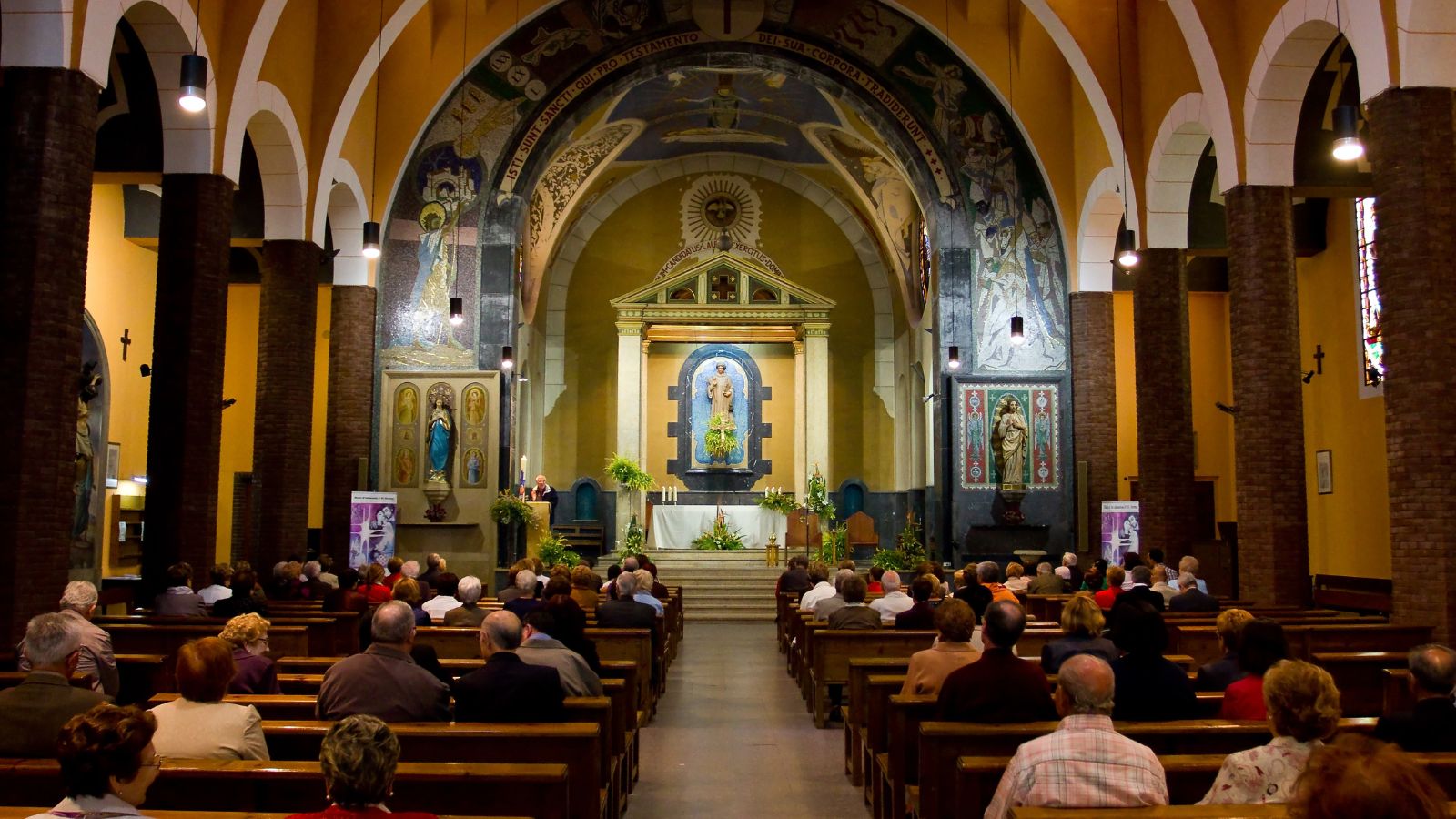
In the 16th century, King Henry VIII decided to forever change the religious landscape of England. Desperate for a male heir and denied an annulment by the Pope, he chose to break away from the Catholic Church and establish the Church of England. This not only allowed him to marry Anne Boleyn but also initiated the English Reformation.
The Launch of Sputnik 1
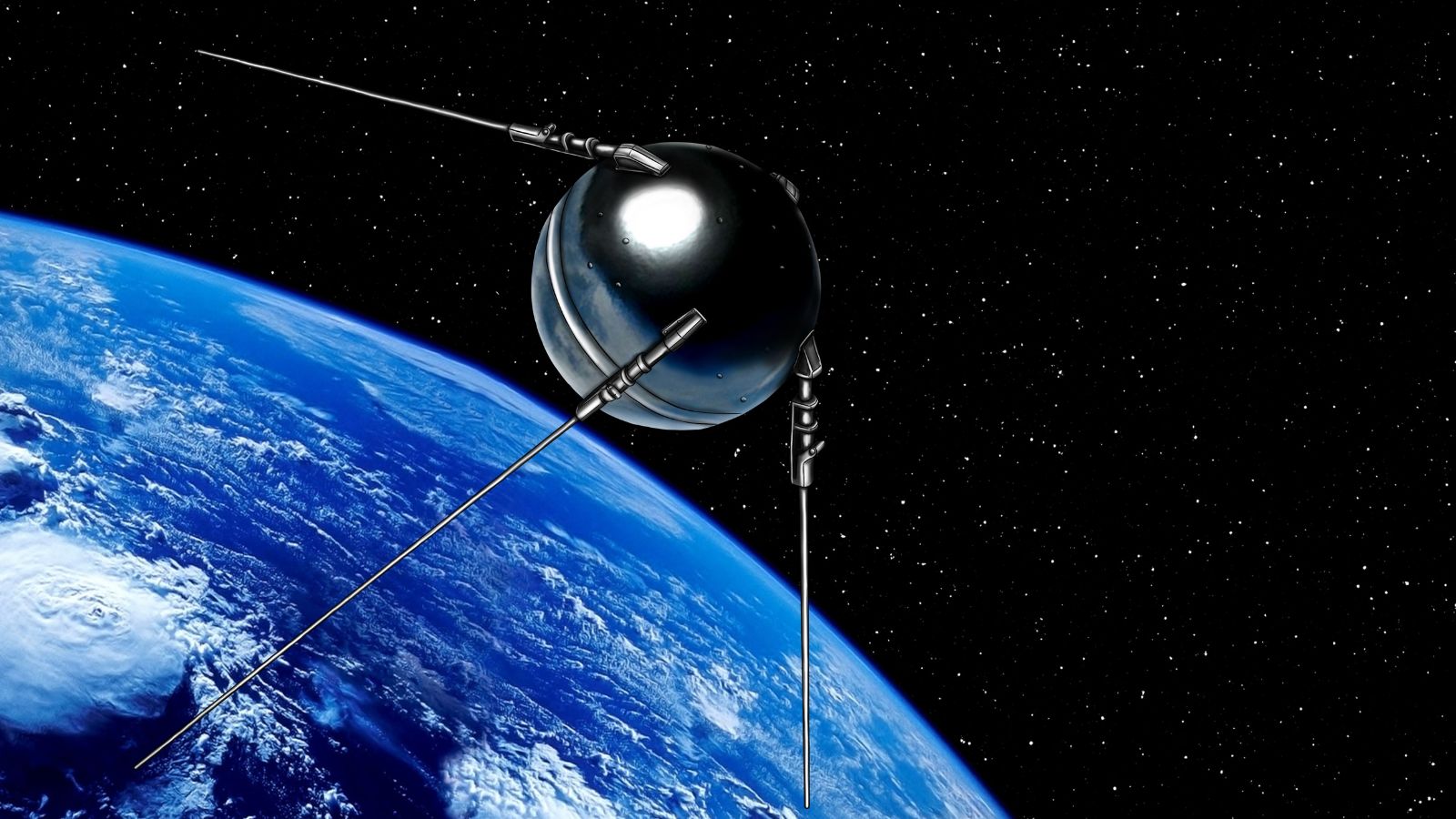
The Soviet Union made the choice to launch Sputnik 1, the first artificial satellite, into space on October 4, 1957, and this single act kicked off the space race between the United States and the Soviet Union. The launch of Sputnik 1 not only marked the beginning of space exploration but also had a significant impact on science, technology, and education worldwide.
The Founding of Google

In 1998, Larry Page and Sergey Brin pursued their search engine project, which they named Google, and this choice led to the creation of one of the most influential technology companies in history. Google revolutionised the way people access information, transforming the internet into an indispensable tool for education, business, and communication. Their decision has had a lasting impact on the digital age.
The Assassination of Archduke Franz Ferdinand
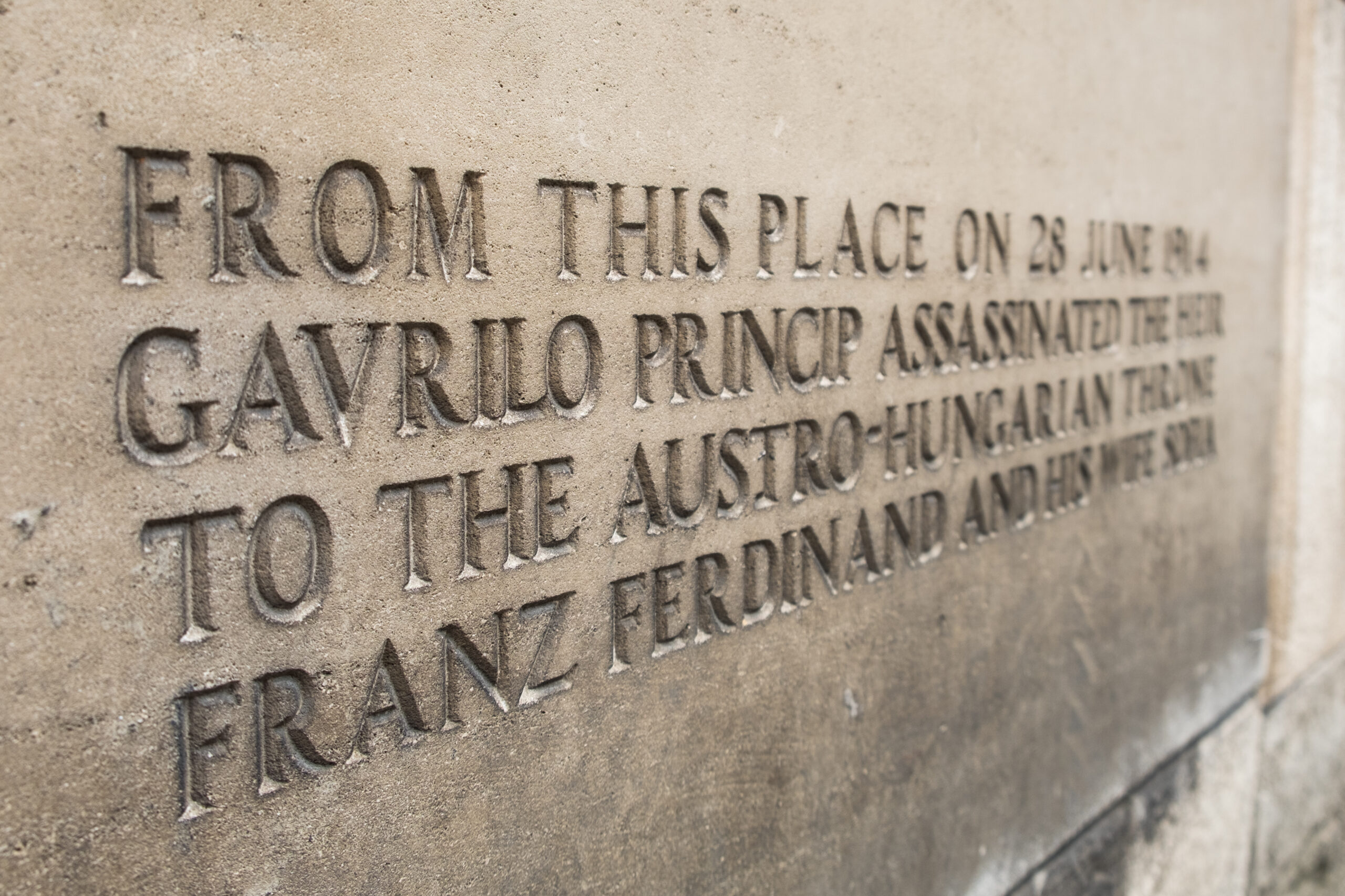
Gavrilo Princip made the fateful verdict in 1914 to assassinate Archduke Franz Ferdinand of Austria. This single act set off a chain reaction of events that led to the outbreak of World War I. The war drastically altered the geopolitical landscape, leading to the downfall of empires, the redrawing of national borders, and setting the stage for World War II.
The Manhattan Project
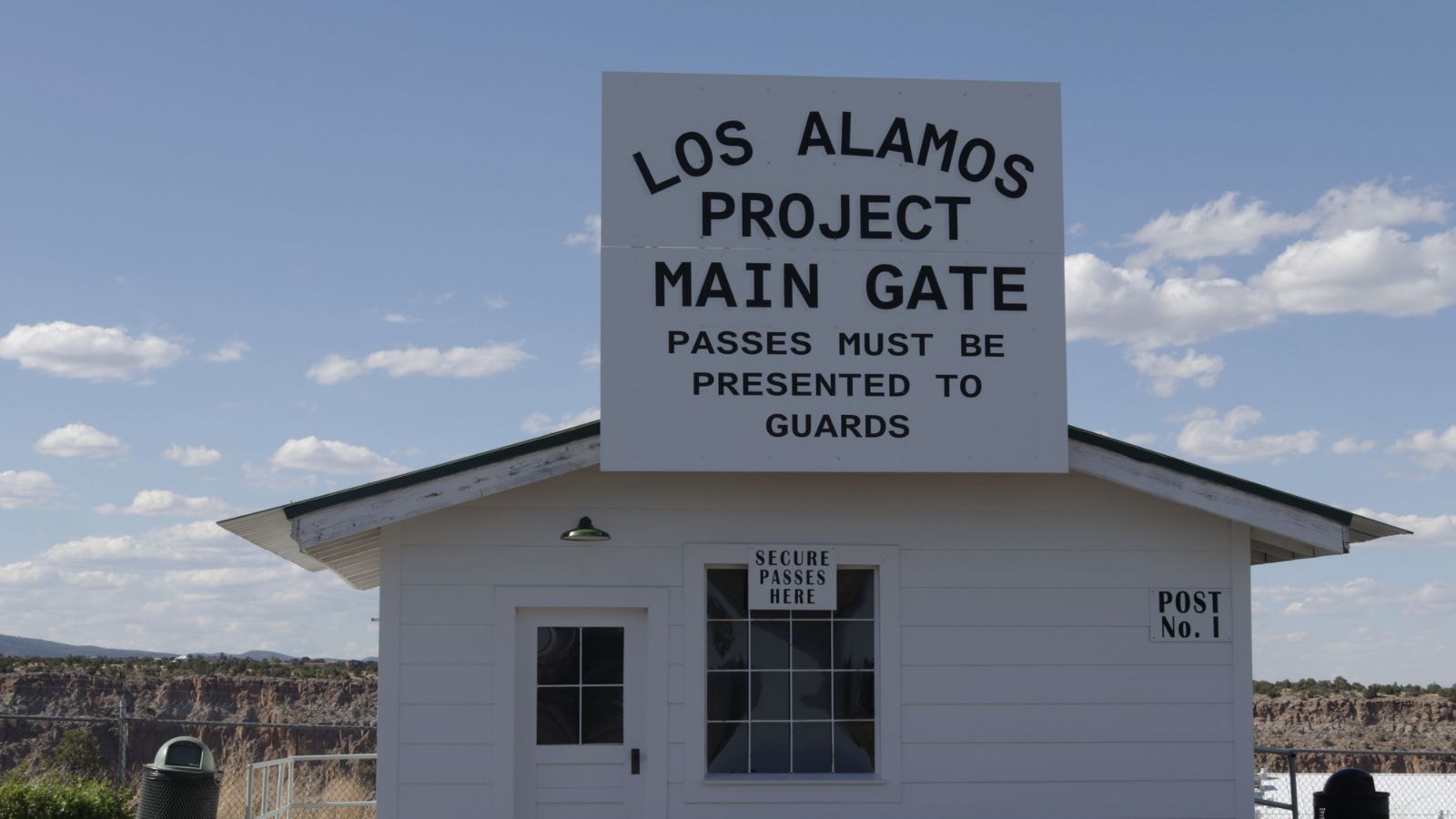
During World War II, the choice by the United States government to initiate the Manhattan Project changed the course of history; the development and use of atomic bombs on Hiroshima and Nagasaki in 1945 not only brought an end to the war but also ushered in the nuclear age.
Nelson Mandela’s Negotiations to End Apartheid
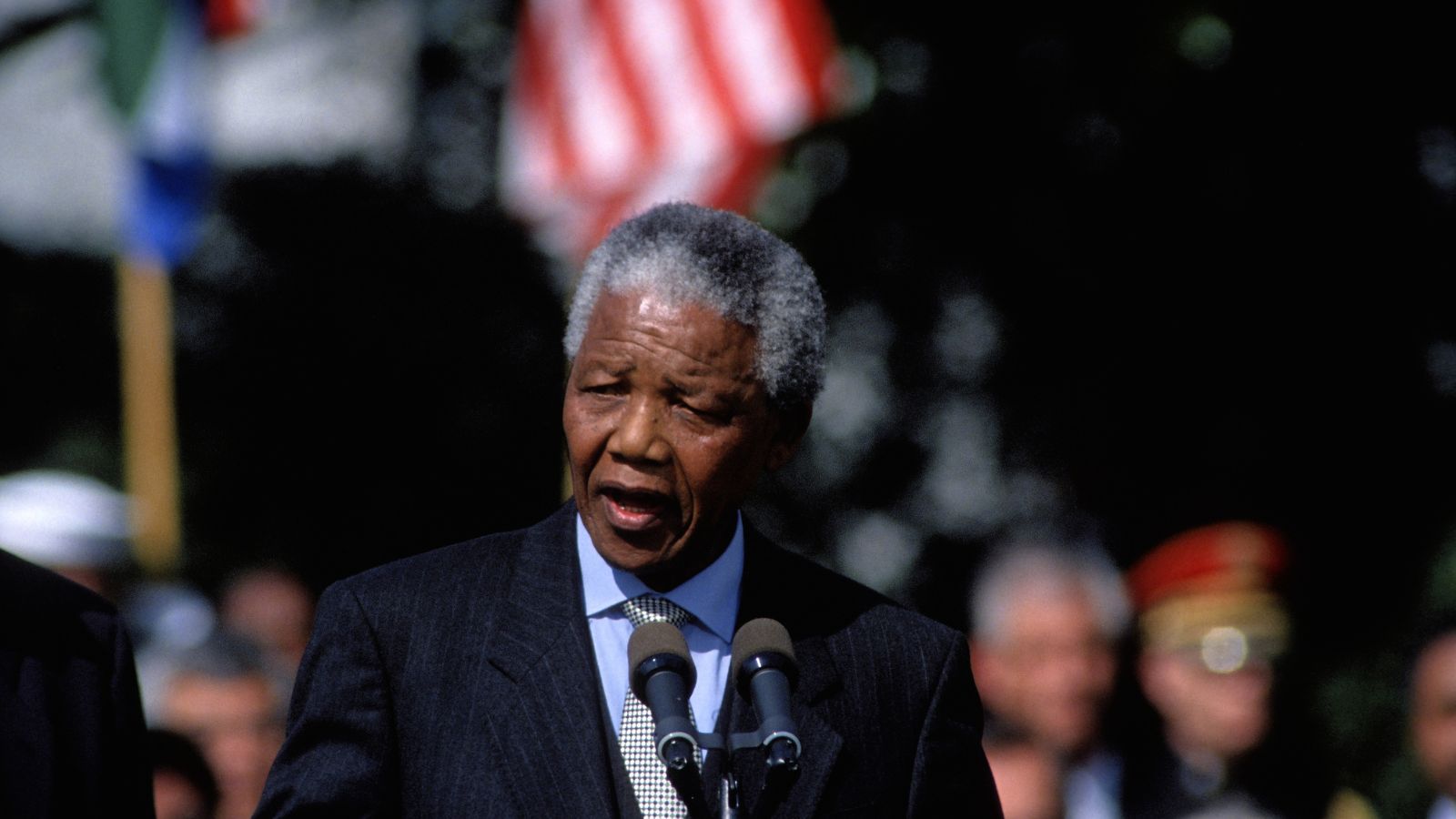
In the early 1990s, Nelson Mandela made the crucial decision to engage in negotiations with the South African government to end apartheid. Despite years of imprisonment and immense personal suffering, Mandela chose reconciliation over revenge. Doing so paved the way for a peaceful transition to majority rule, ending decades of racial segregation.
The Cuban Missile Crisis
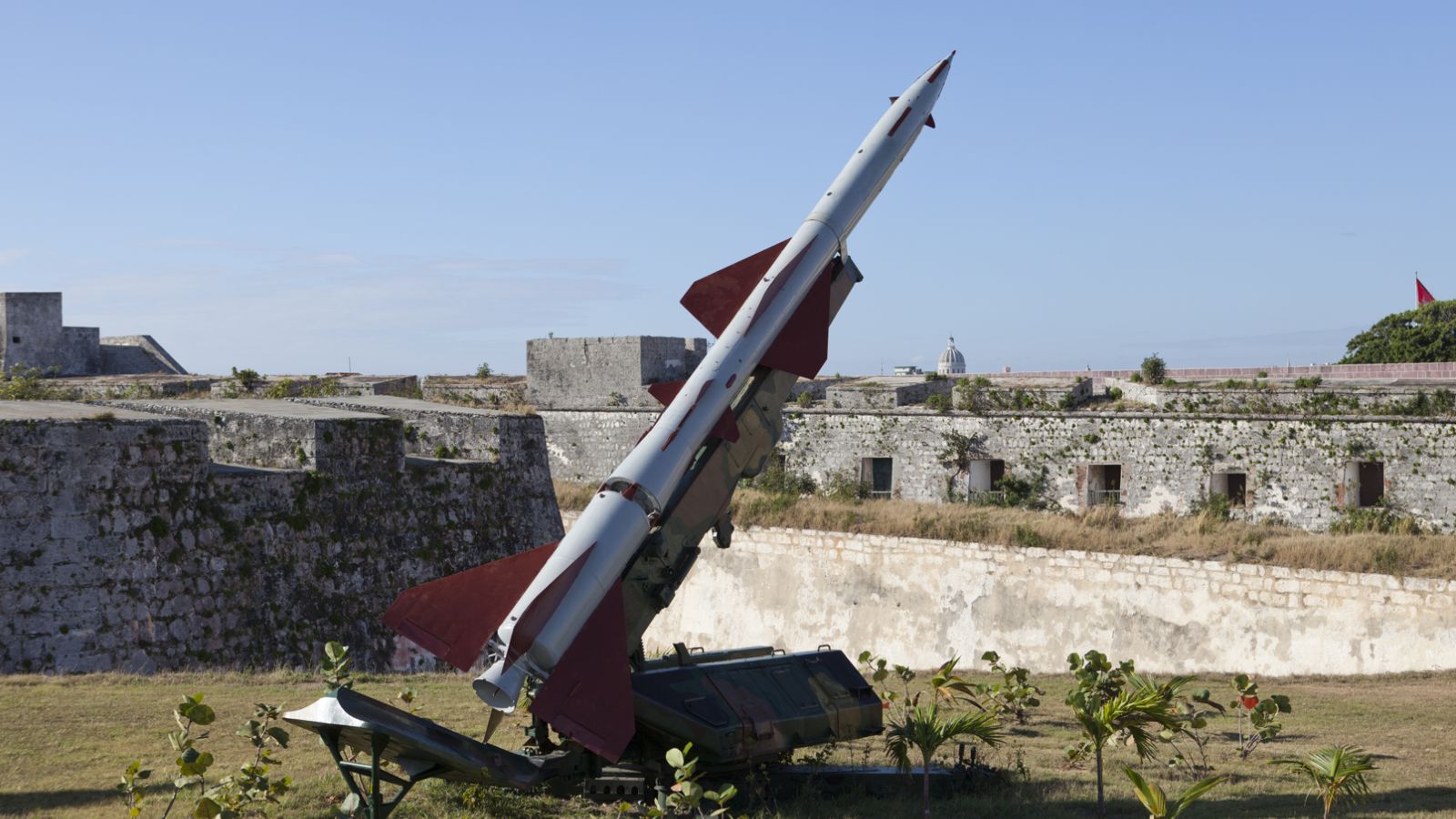
President John F. Kennedy faced a critical dilemma in the 60’s during the Cuban Missile Crisis after discovering Soviet nuclear missiles in Cuba. Kennedy chose to implement a naval blockade and pursue diplomatic negotiations rather than launching a military strike. This averted a potential nuclear war.
The Emancipation Proclamation
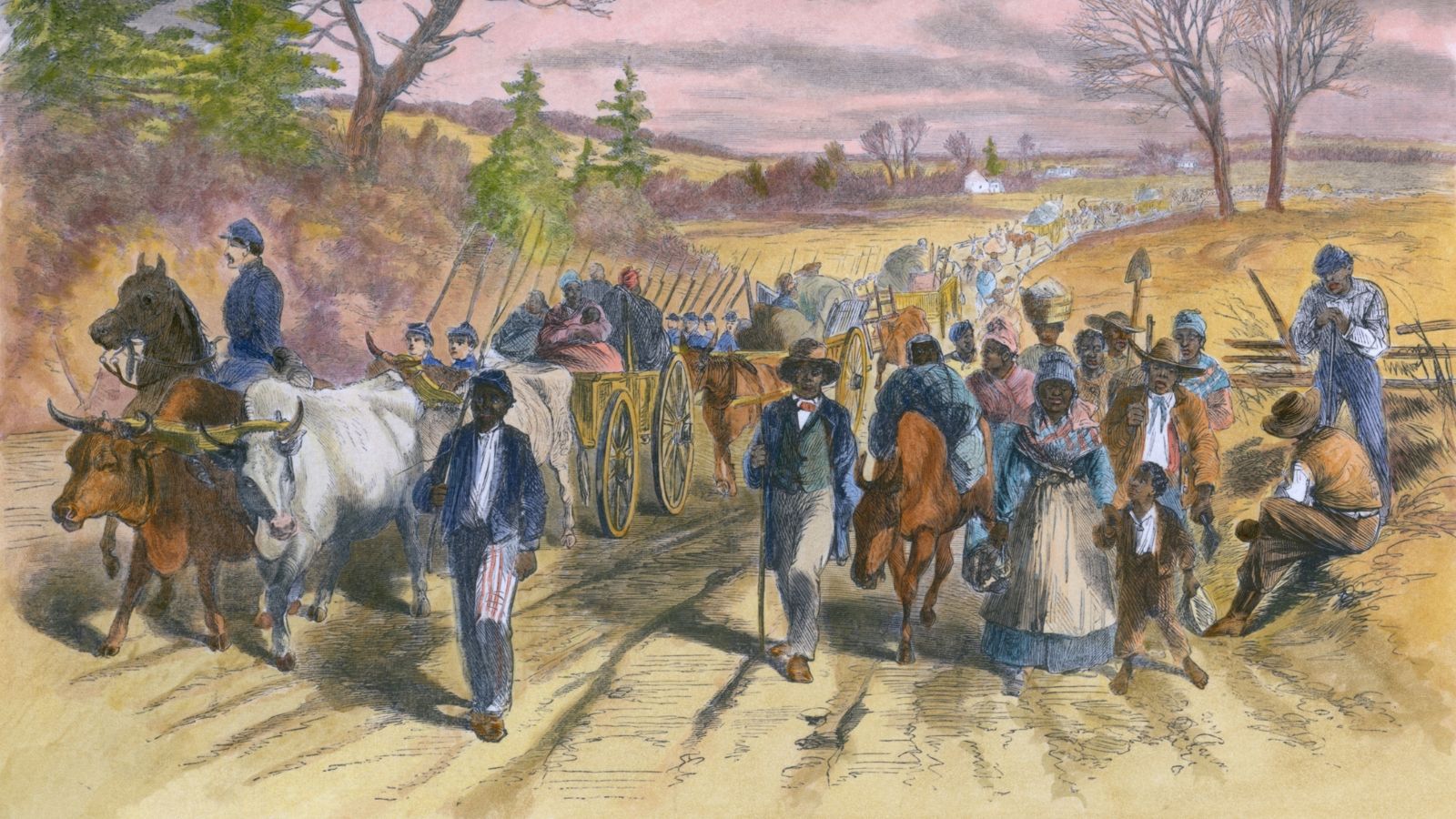
On January 1, 1863, President Abraham Lincoln issued the Emancipation Proclamation, a decision that changed the course of American history, by declaring all slaves in Confederate-held territory free. Lincoln altered the character of the Civil War, transforming it into a fight for human freedom.
The Creation of the Internet

The choice by the U.S. Department of Defense to fund ARPANET, a project aimed at creating a network of computers, laid the foundation for the modern internet in the late 1960s. This single choice has had an immeasurable impact on global communication, commerce, education, and entertainment.
The Voting Rights Act of 1965
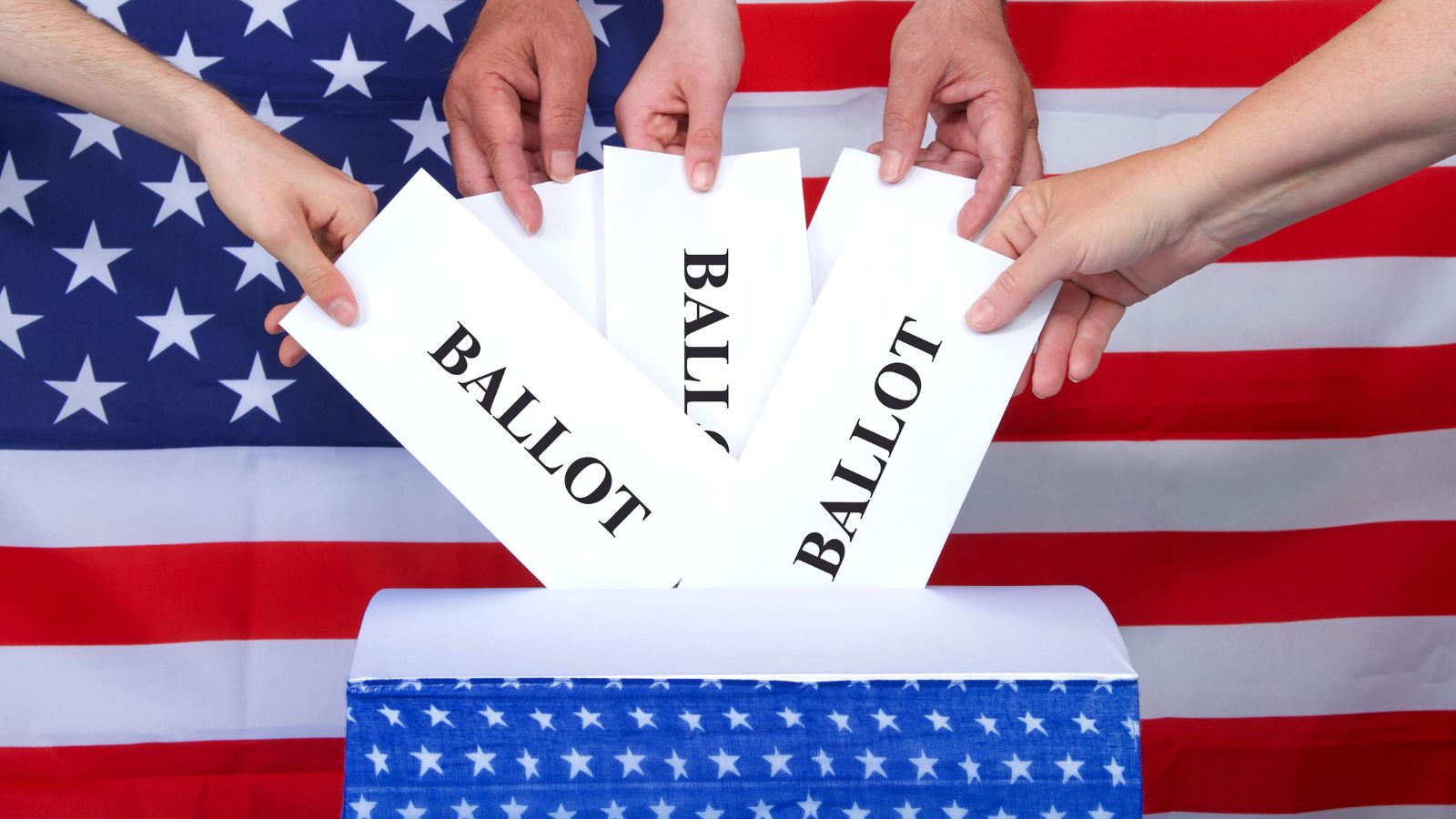
When President Lyndon B. Johnson decided to sign the Voting Rights Act into law, this landmark legislation aimed to eliminate racial discrimination in voting, ensuring that all Americans, regardless of race, had the right to vote. Passing this act significantly advanced civil rights in the United States, empowering millions of African Americans and other minority groups.
The Montgomery Bus Boycott
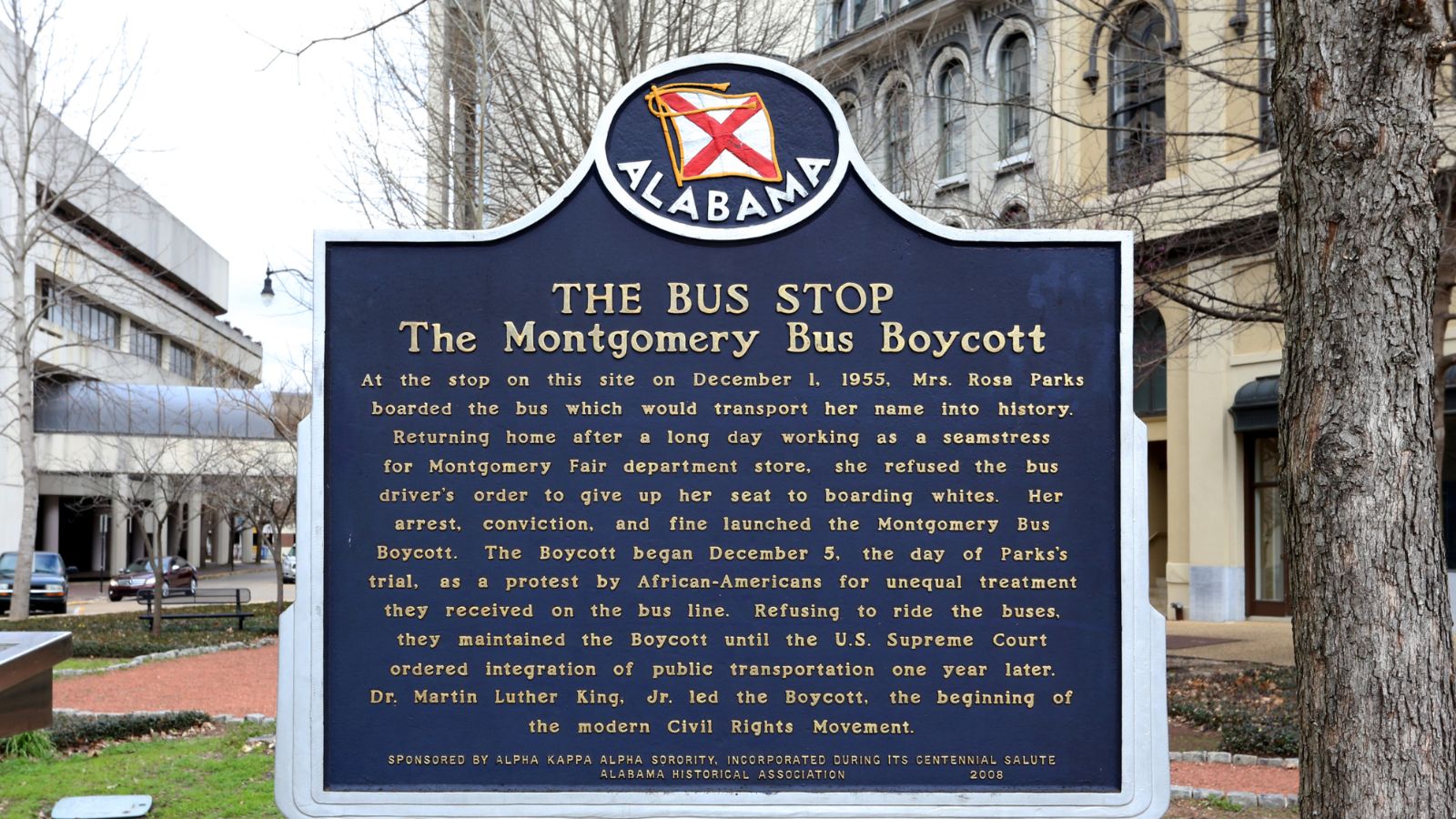
In 1955, after Rosa Parks’ arrest, Dr. Martin Luther King Jr. and other civil rights leaders decided to organise the Montgomery Bus Boycott. This year-long protest against racial segregation on public buses led to a Supreme Court ruling that declared segregation on public buses unconstitutional. The boycott marked a major victory for the Civil Rights Movement but also established nonviolent protest as a powerful tool for social change.
The Election of Barack Obama
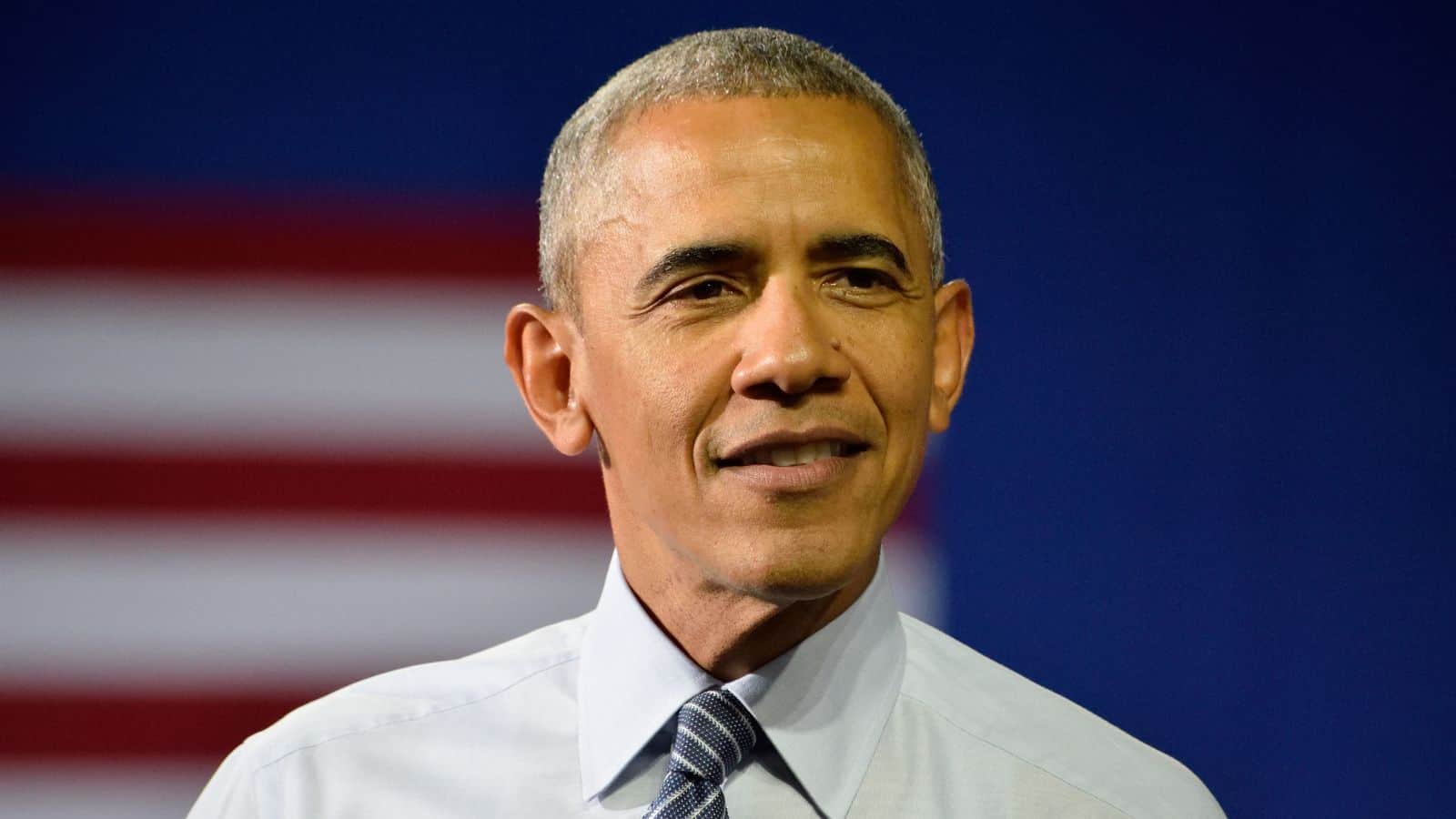
American voters made the historic move in 2008 to elect Barack Obama as the first African American President of the United States. This broke centuries-old racial barriers and inspired millions of people around the world, as Obama’s election represented a significant step forward in the ongoing struggle for racial equality.
The Adoption of the Euro

11 European countries adopted the euro as their common currency in 1999, marking a major milestone in European integration; the creation of the eurozone aimed to promote economic stability and growth across the continent, and this facilitated easier trade and travel within Europe.
The Kyoto Protocol

Adopting the Kyoto Protocol in 1997 marked the first major international effort to address climate change. The protocol committed participating countries to reduce greenhouse gas emissions, aiming to mitigate global warming and its effects, laying the groundwork for future climate agreements.
The Fall of Constantinople
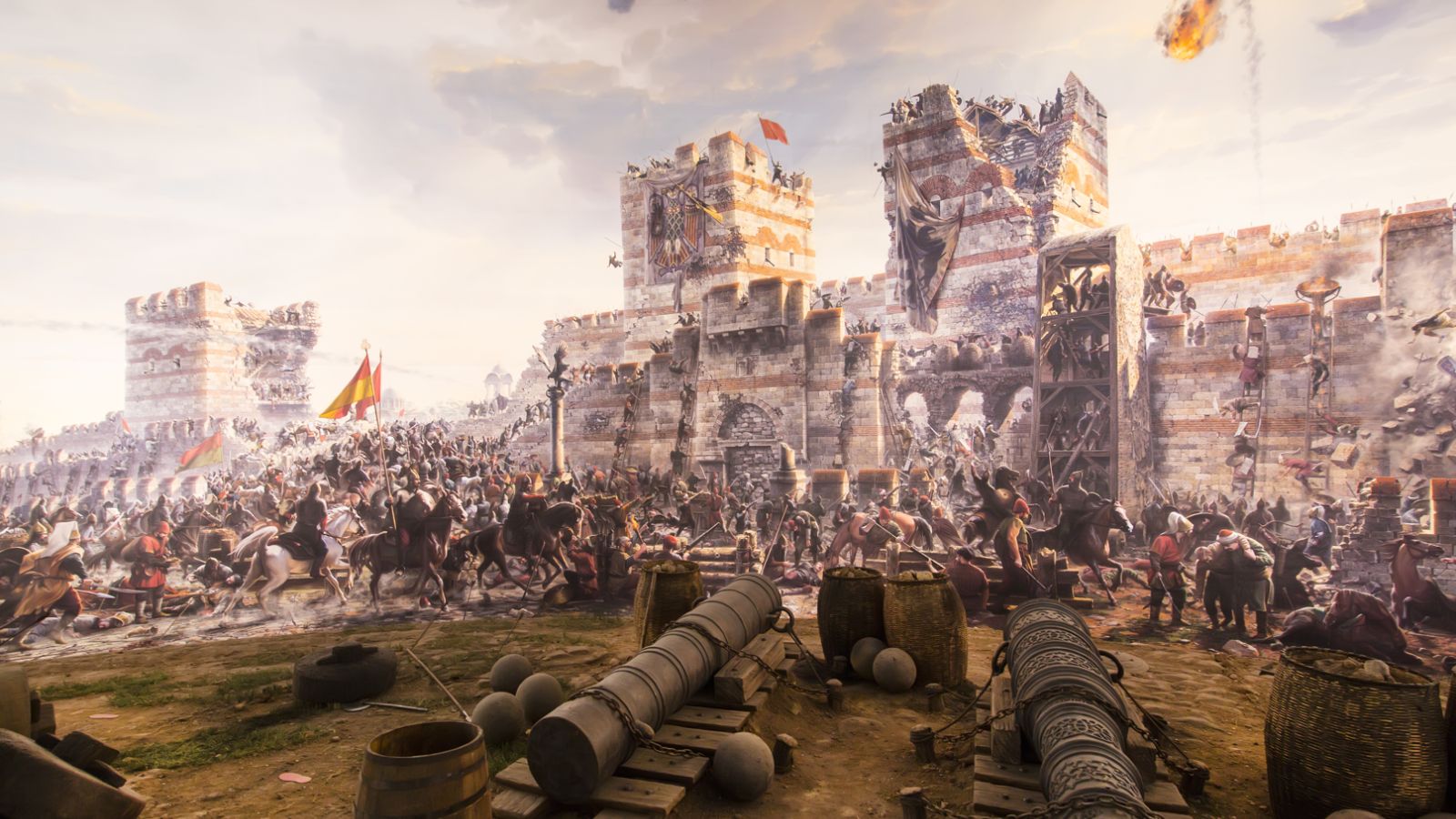
And finally: in 1453, the Ottoman Empire’s decision to lay siege to Constantinople and ultimately capture it marked the end of the Byzantine Empire, and this event had profound implications for world history, leading to the spread of Ottoman influence into Europe and the redirection of trade routes. The fall of Constantinople also contributed to the Renaissance, as Greek scholars fled to the West.

